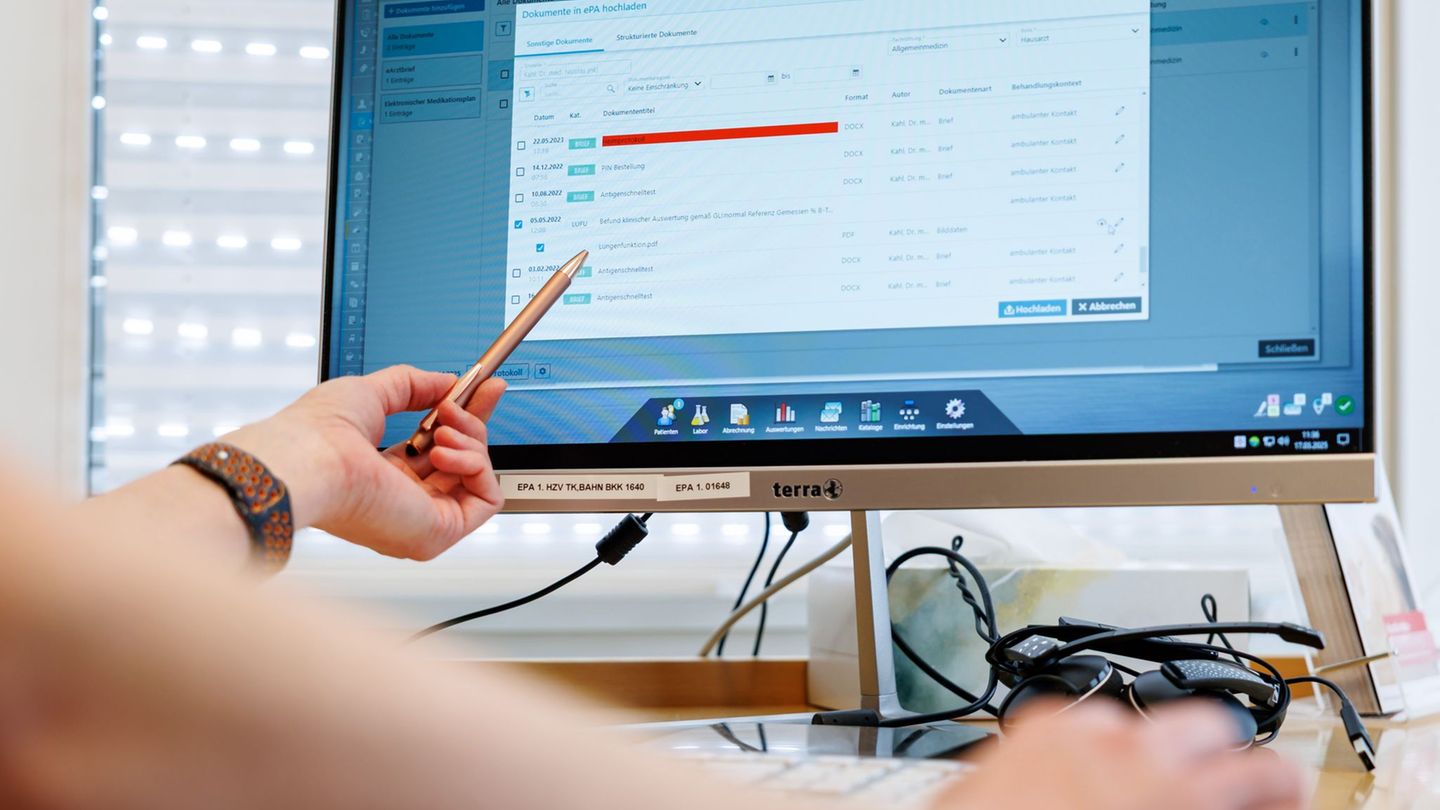Food prices are skyrocketing – vegetables and salad in particular are almost becoming luxury goods. Social associations warn of health consequences, especially for poorer people.
Social associations and nutrition experts warn of the social and health consequences of the sharp rise in prices for healthy food.
“For low-wage earners and people with basic security benefits, fruit and vegetables are finally becoming a luxury item that they can no longer afford because of the price increases,” said the president of the social association VdK, Verena Bentele, the “Tagesspiegel” (Thursday).
According to the Federal Statistical Office, food prices rose by 4.6 percent year-on-year in August. In the end, consumers had to pay nine percent more for vegetables than a year ago, and lettuce was almost 38 percent more expensive. The price increase for fruit was 2.5 percent.
In the Hartz IV standard rate, just five euros a day are earmarked for food, criticized Bentele. “That was not enough for a balanced diet, as studies have shown,” said the VdK President. “The fact that the standard rate has now been increased by a ridiculous three euros confirms how consistently the government ignores the vital needs of people with basic social security.”
The Hartz IV standard rate for single adults is to increase by three to 449 euros a month in January. The cabinet had initiated a corresponding ordinance from the Federal Ministry of Social Affairs last week. Overall, recipients of unemployment benefit II, social assistance and basic security in old age and in the case of reduced earning capacity receive 0.76 percent more money. The currently significantly increasing consumer prices have not yet been included in the calculation of the rates; they should only be taken into account for 2023.
The German Diabetes Society (DDG) and the German Alliance for Noncommunicable Diseases (DANK) demanded that healthy foods such as fruit, vegetables and nuts be exempt from VAT. In return, unhealthy, high-sugar products, such as soft drinks, should be subject to a higher tax of 29 percent. “Families with a weak socio-economic background also benefit from this, as they are financially easier to access fresh fruit and vegetables,” said DDG managing director Barbara Bitzer to the “Tagesspiegel”.
Jane Stock is a technology author, who has written for 24 Hours World. She writes about the latest in technology news and trends, and is always on the lookout for new and innovative ways to improve his audience’s experience.




